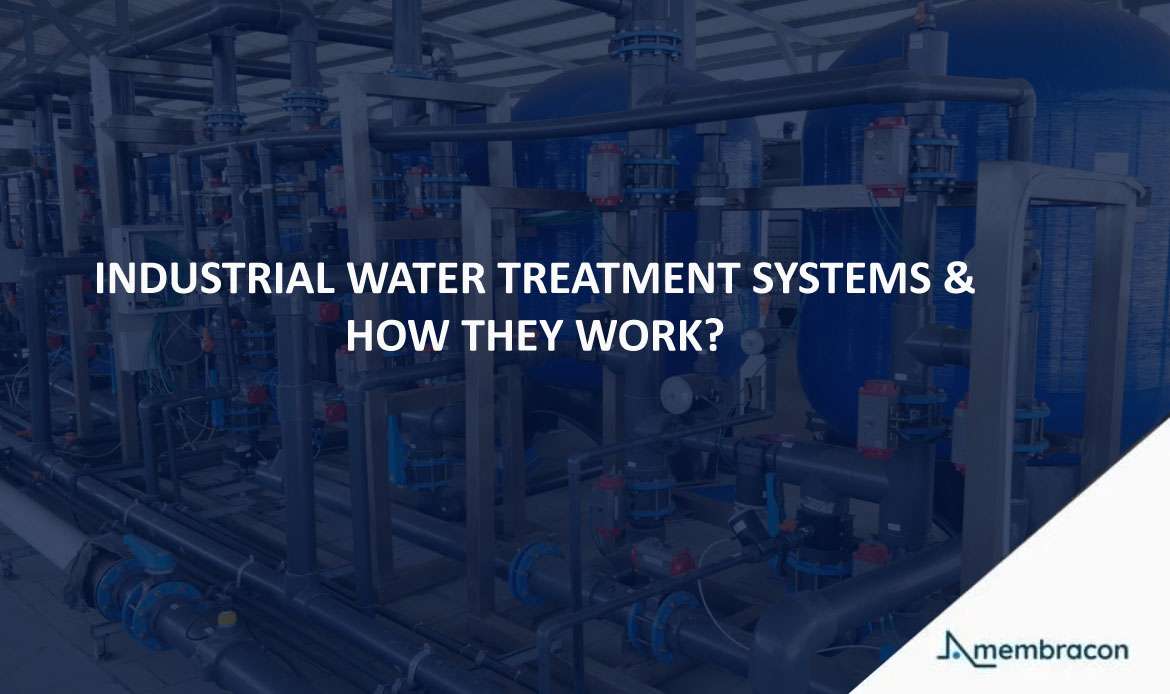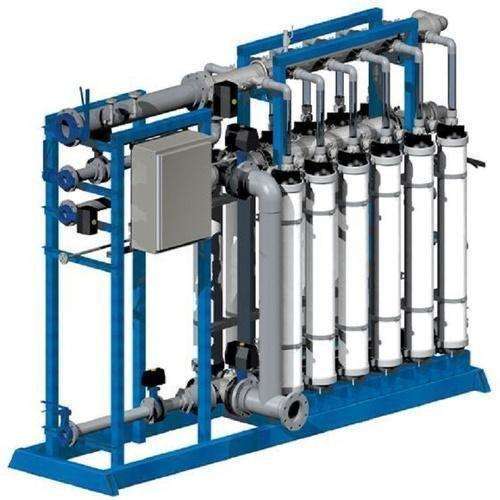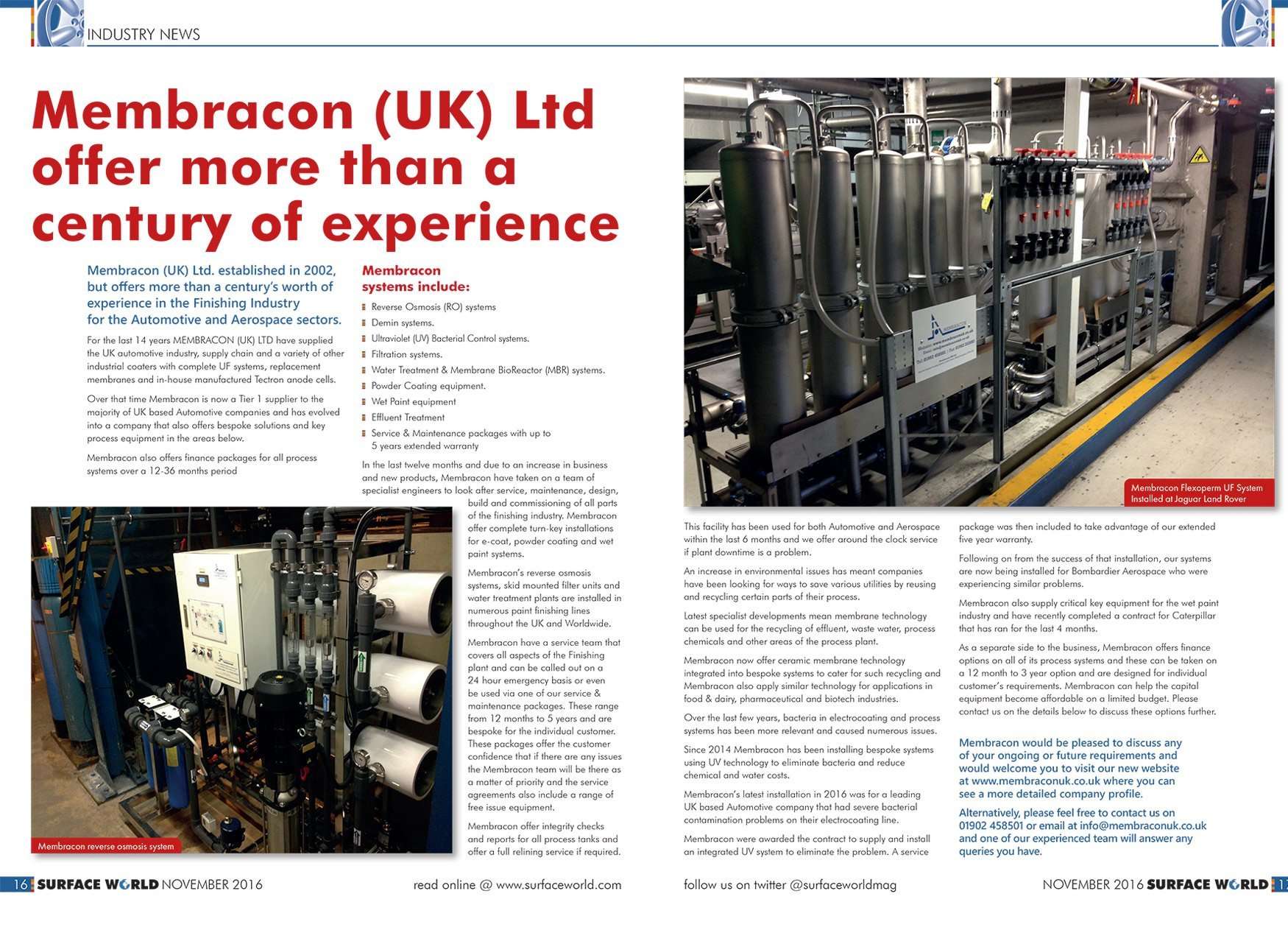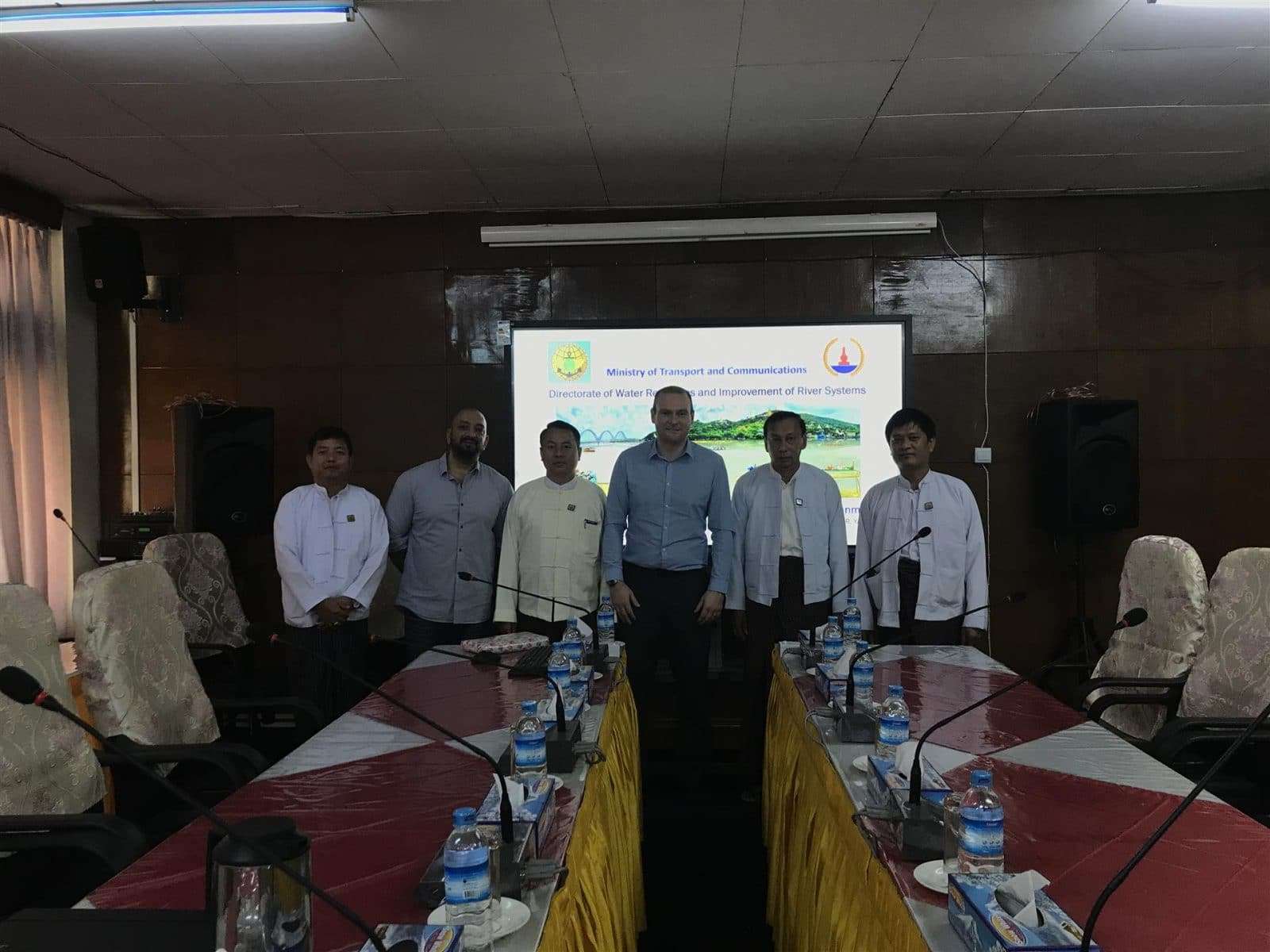
Industrial Water Treatment Systems & How They Work
Industrial water treatment is a vital aspect of any industrial process that uses water. It ensures that the water is purified and ready for use, thereby reducing the risk of costly damages to equipment and products, as well as minimizing operating costs. In this blog, we will discuss the importance of industrial water treatment and the various methods used to purify water.
The primary purpose of industrial water treatment is to remove any impurities or contaminants that may be present in the water. The treatment process involves several stages, depending on the specific needs of the industry. For instance, water may need to be treated before it is used in a boiler or a cooling tower. Similarly, the food and beverage industry may require ingredient water, or water may need to be treated at an automotive plant for reuse or disposal.
The industrial water treatment process involves several methods that can be applied based on the specific needs of the industry. The most common methods include –
- Filtration
- Softening
- Dealkalization
- Reverse Osmosis
- Nanofiltration
- Ion exchange.
Filtration is a process that removes sediment, organic material, and turbidity from water. Softening, on the other hand, removes hardness from water, which can cause scale buildup in equipment. Dealkalization reduces alkalinity to minimize scale buildup downstream. However, this process is often considered an outdated solution due to its high operational costs and lack of universal effectiveness.
Nanofiltration and reverse osmosis are two methods that can provide a higher degree of industrial water treatment. Nanofiltration allows for the removal of bacteria and hardness, while reverse osmosis removes a significant percentage of the total dissolved solids.


Ion exchange is a chemical process where unwanted ions are exchanged for others, resulting in a new and more suitable water chemistry. This process is particularly useful in industries that require specific water chemistries for their processes.
Choosing the right type of industrial water treatment depends on the specific needs of the industry. By understanding the various methods used in industrial water treatment, businesses can effectively purify their water and reduce the risk of costly damages to their equipment and products.
In conclusion, industrial water treatment is a critical aspect of any industrial process that uses water. It ensures that the water is purified and ready for use, thereby reducing the risk of costly damages to equipment and products, as well as minimizing operating costs. By understanding the various methods used in industrial water treatment, businesses can effectively purify their water and improve the sustainability of their operations. If you would like to learn more about industrial water treatment or get a free water assessment from one of our Water Experts, please visit our Free Assessment page.












